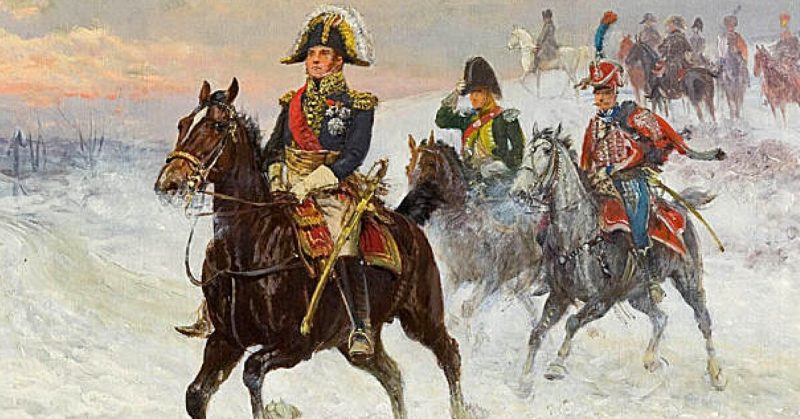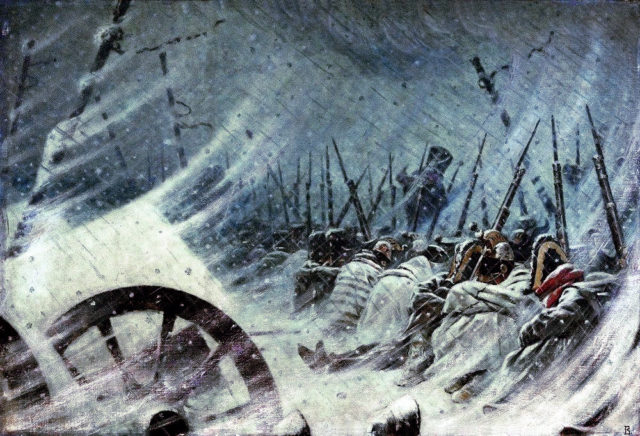Napoleon’s 1812 invasion of Russia is one of the most famous campaigns of his career. It was extraordinary for many reasons.
The Size of the Army
The army with which Napoleon invaded Russia started out with a massive 600,000 men. The cavalry alone made up 80,000, an enormous mounted force. This incredible number of soldiers was mustered even though French troops were busy fighting the British, Portuguese and Spanish in the Iberian Peninsula.
An International Army
By the time of the invasion of Russia, Napoleon’s empire stretched far beyond France. Therefore, he was able to recruit soldiers from a whole host of conquered territories, client kingdoms, and allied states. He also raised reluctant men in France using a levy.
Nearly half the army was not French. The Fifth Corps was made up of Polish soldiers. A third of the troops in the Fourth Corps were Italian. From Germany came Austrians, Bavarians, Prussians, Saxons, Westphalians, and soldiers from the Confederation of the Rhine. Auxiliaries also came from Croatia, Portugal, Spain, and Switzerland. It was a massive force speaking multiple languages, in which even the elite Imperial Guard included units from outside France.
One of Napoleon’s Marshals Had Sided with Russia
One of the reasons for the invasion was an unlikely chain of events in Sweden. There, political turmoil had led to Bernadotte, formerly one of Napoleon’s Marshals, being made Crown Prince. Tsar Alexander of Russia offered friendship to Bernadotte and Sweden, despite a previous invasion of Swedish territories.
In Sweden, there was outrage over Napoleon’s invasion of their land in Pomerania. Bernadotte decided to protect the interests of his people and committed Sweden to the Russian rather than the French cause.
Officers Advised Against the Invasion
Armand de Caulaincourt, one of Napoleon’s closest advisors, warned him not to invade Russia. Caulaincourt anticipated all the problems the French would face – difficult terrain, hostile weather, collapsing morale, and an enemy with the home ground advantage. Napoleon would not listen; he was intent on the invasion.
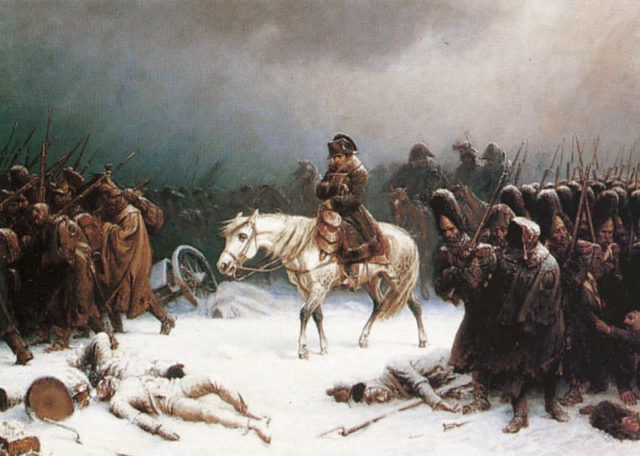
The Tsar Forbade an Offensive Strategy
The Russians beat Napoleon by retreating before his armies could reach them. Scorching the ground as they went there were no supplies left for the invaders. Most of the Russian commanders realized that Napoleon was likely to beat them in open battle. They avoided fighting except when they could do so on their terms.
To ensure a defensive war, Tsar Alexander banned his General Barclay de Tolly from pursuing the aggressive war he would have liked. It was hard to sit back and let the French do all the attacking, but the Tsar knew it was the way to win.
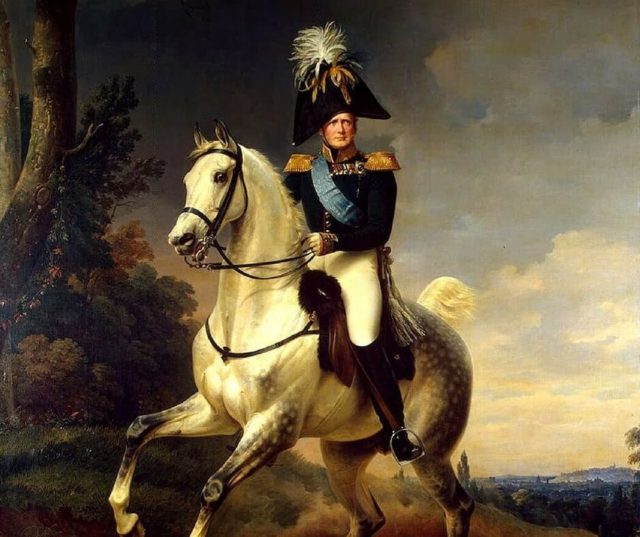
Moscow Burned
The Russians were willing to sacrifice anything to defeat Napoleon, even their most prized city. When Napoleon arrived in Moscow, he did not get to see the palaces, barracks, and hospitals of which he had heard such great things. Instead, he was met with an inferno.
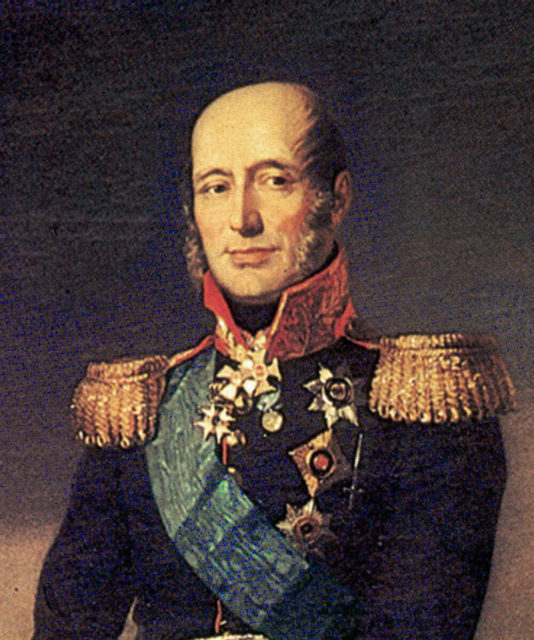
The Russians had chosen to set one of the jewels of Europe ablaze rather than leave shelter and supplies for their enemies.
Killer Cold
The terrible weather that beset Napoleon’s retreat is infamous. By the time he reached Smolensk in November, temperatures were as low as -20 to -30 degrees Centigrade (-4 to -22 Fahrenheit). Many died at the hands of “General Winter.”
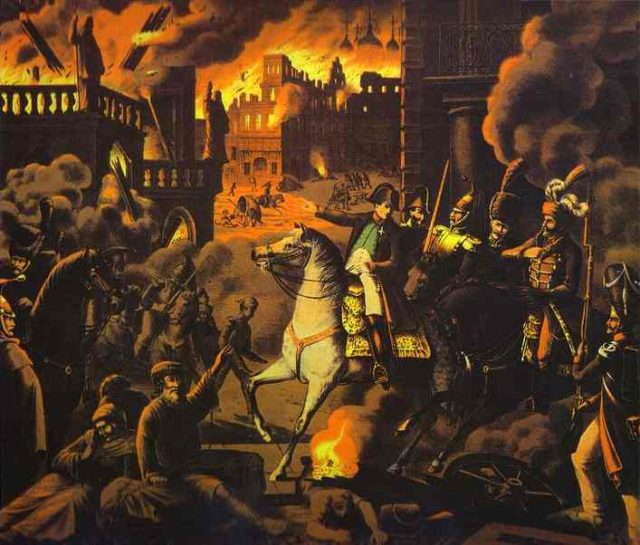
The Risk of Slavery
For many fighting in the French Army, the possibility of being left behind seemed like a fate worse than death. They believed they would be stripped of their clothes by the Cossacks and sold as slaves to Russian villagers.
There they would suffer a slow death, worked to the grave farming the terrible land they had failed to conquer.
Underestimating Supply Needs
When supplies were available, Napoleon discovered he had underestimated what his troops would need. Provisions brought to Smolensk were meant to support the army for two weeks. Instead, they were devoured in three days as hungry soldiers made up for what they had missed.
While attention is usually focused on the French losses, the Russians also had a miserable time in the war. They were used to fighting in winter, but that did not mean they were immune to its effects. Thousands of men died or deserted, and huge numbers of vital horses were also lost.
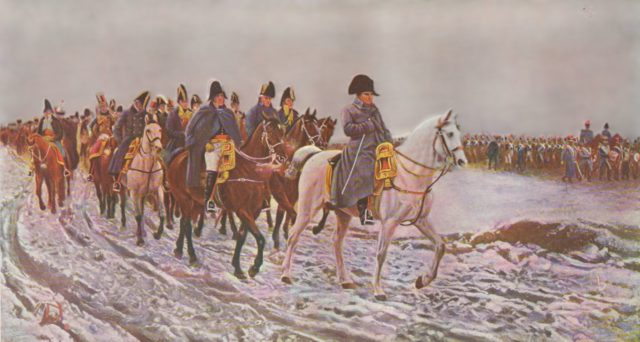
Saved by Sappers
The French forces faced destruction when they reached the Berezina River. The waters were swollen from winter rain and snow. They were nowhere near a safe crossing. If they could not cross the River, they would be trapped and destroyed by the Russians.
Fortunately for Napoleon, his army included skilled and determined military engineers. These sappers built pontoon bridges across the Berezina, working under fire from Russian snipers. With the enemy harassing them as they went, the French troops withdrew across the River to relative safety.
Leaving the Army Behind
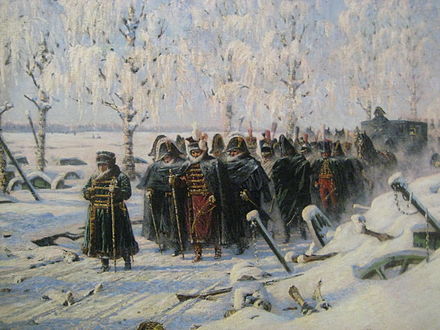
Just as he had done before in his disastrous Egyptian expedition, Napoleon left his battered army behind under another commander. Traveling well ahead of the remaining troops, he raced back to Paris to manage the political fallout. He could not disguise the extent of the failure so well this time, but he could ensure he arrived back in time to spin the story.
Half a Million Dead
There are no definitive records of how many men died in the Russian campaign. There is no list of the fallen, as would be kept in later wars. Despite this, historians have been able to estimate the size of Napoleon’s losses. Around 570,000 men are believed to have died; 35,000 of them from the elite Imperial Guard.
200,000 horses that had provided transport and were used by the cavalry were also dead. Many of the horses were eaten, providing the only food that could be found in the worst stages of the campaign.
Source:
Alan Forrest (2011), Napoleon.
